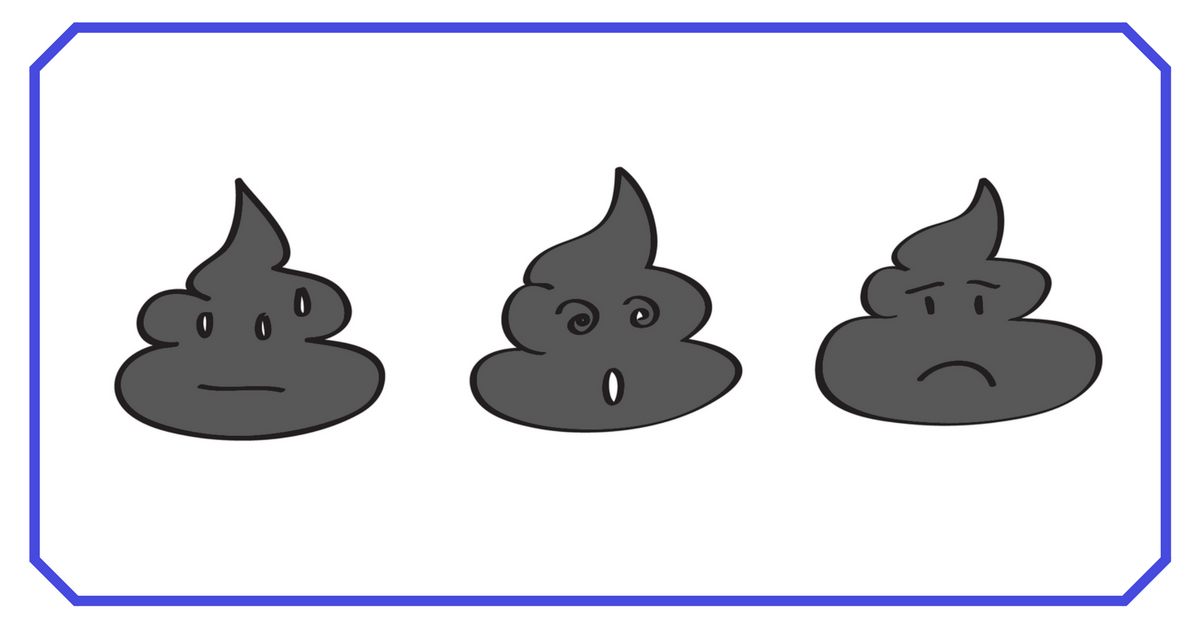
While many cases of diarrhea will resolve themselves within a few days, black diarrhea (and stool in any form) can be a sign of a larger medical issue. Often, it signifies blood in the digestive tract or a reaction to a food, medication or supplement.
In this article, we’ll look at what black diarrhea means, and what you can do about it.
Black, Tarry Stool
It’s important to consider the color and consistency of your stool. Black diarrhea that has a somewhat tarry consistency should be taken seriously. While this stool type can be caused by certain foods (like black licorice), it can also be a symptom of bleeding in the gastrointestinal tract.
Black, tarry diarrhea is often caused by bleeding in the esophagus, stomach or small intestine. Another common cause for black, tarry stool could be a bleeding ulcer in the stomach, or inflammation of your stomach lining (AKA, gastritis).
If your toddler has black diarrhea (check out this tool to find out what the color of your toddler’s stool means), it is likely from an ulcer, so check in with their pediatrician.
Medications and Supplements
Certain medications can cause black diarrhea or stools, such as bismuth-based medicines like Pepto Bismol. Believe it or not, iron supplements could also be to blame, along with iron-containing multivitamins. If you are on a medication or supplement that you worry could be causing black diarrhea, it’s best to check in with your doctor to rule out bleeding in the gastrointestinal tract.
Foods You Ate
Something you ate, like black licorice, dark chocolate, blueberries, beets, or tomatoes can also cause black diarrhea (although the last two are more likely to produce a dark red color).
What To Do About Black Diarrhea?
It is important to call your doctor at the first sign of black diarrhea (unless you’re certain a food is the cause). In both kids and adults, a doctor will test to see if there is blood present in the stool, and this will help them narrow down what might be causing the black diarrhea. If your black diarrhea has red streaks or is accompanied by a fever, nausea, or cramping or pain, it’s especially important to seek medical attention right away.

